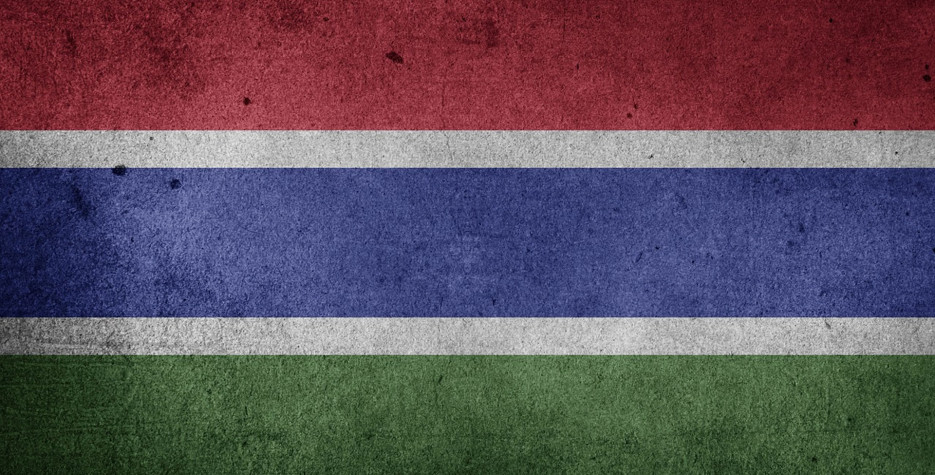When is Gambian Independence Day?
Independence Day is a public holiday in The Gambia on 18th February.
This is the National Day of The Gambia and marks independence from Britain on 18 February 1965.
History of Gambian Independence Day
Located on the west coast of Africa, The Gambia is the smallest country on mainland Africa.
Its first contact with Europeans was in the mid-15th century when Portuguese arrived as part of their expansion of overseas trade. It was also an important location for the African slave trade.
Trade rights to the region were sold to the British at the end of the 16th century, starting a period of British control who initially struggled for domination of the region with France. For a short period in the 17th century part of The Gambia was under the control of what is modern-day Latvia.
In 1889 the present boundaries of The Gambia were set by agreement between Britain and France; five years later it became a British protectorate.
During the 1950s political parties emerged. In 1960, elections were held under a new constitution, with the People’s Progressive Party, led by David Jawara, emerging as a powerful voice and the dominant political party after further elections in 1962.
Following agreements between the British and Gambian Governments in July 1964, The Gambia achieved independence as a constitutional monarchy on 18 February 1965, with Queen Elizabeth II, represented by a governor-general, as head of state and Jawara as the first prime minister.
Did you know?
The Gambia is one of only two countries whose self-standing short name for official use should begin with the word "The" (the other one being The Bahamas). In 1964, the prime minister of The Gambia said that one of the reasons they like to have "The" in their name is to avoid confusion with Zambia.


